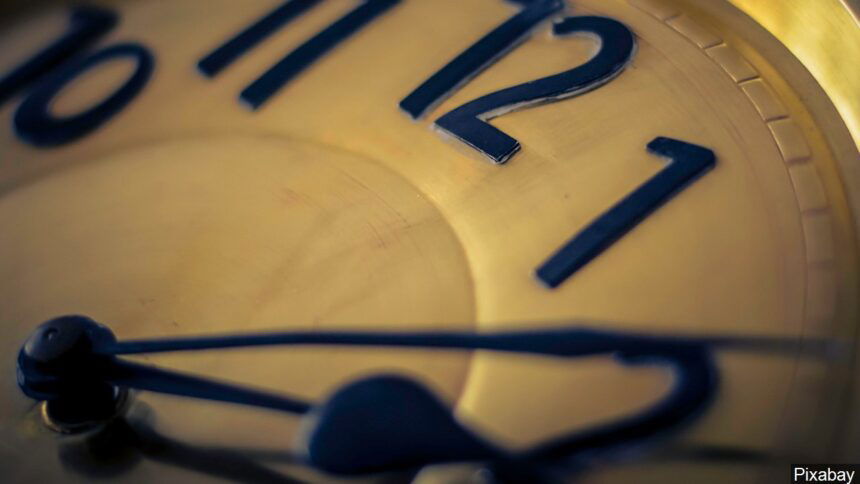Most of the U.S. ‘falls back’ Sunday, but not all of Arizona

Daylight Saving Time prompts millions to reset clocks
YUMA, Ariz. (KYMA, KECY) - This weekend millions of Americans will reset their clocks in observation of the end of Daylight Saving Time (DST), but Arizonans won't have to worry about changing their watches.
According to National Geographic, the concept dates back to 1895 when an entomologist from New Zealand suggested shifting the clock back two-hours to allow people to enjoy more hours of sunlight in the summer.
In the early 1900's, British builder William Willett proposed a similar idea to Parliament to prevent the nation from wasting daylight. Both Winston Churchill and Sir Arthur Conan Doyle championed the idea, but it went nowhere.
The English revisited the idea in 1916 while searching for ways to cope with fuel shortages caused by World War I. The Germans eventually seized upon the concept, and within a year most of the world had followed suit.
In 1973, the U.S. government enacted a permanent law making DST part of federal energy conservation plans. Arizona asked for, and received an exemption from the law, largely because of its high summertime temperatures.
During the summer, many Arizonans wait for the sun to set to enjoy outdoor activities. DST would push back those activities until fairly late at night, since the sun wouldn't set until 9 p.m. or later. As a matter of practicality, the most of state doesn't participate.
The Navajo Nation, which occupies a portion of northwestern Arizona does observe DST.
For those new to making the time shift, as of Sunday morning California time will be one-hour earlier than Arizona time, cities on Central Time will be one-hour later, and cities on the East Coast will be two-hours later.

